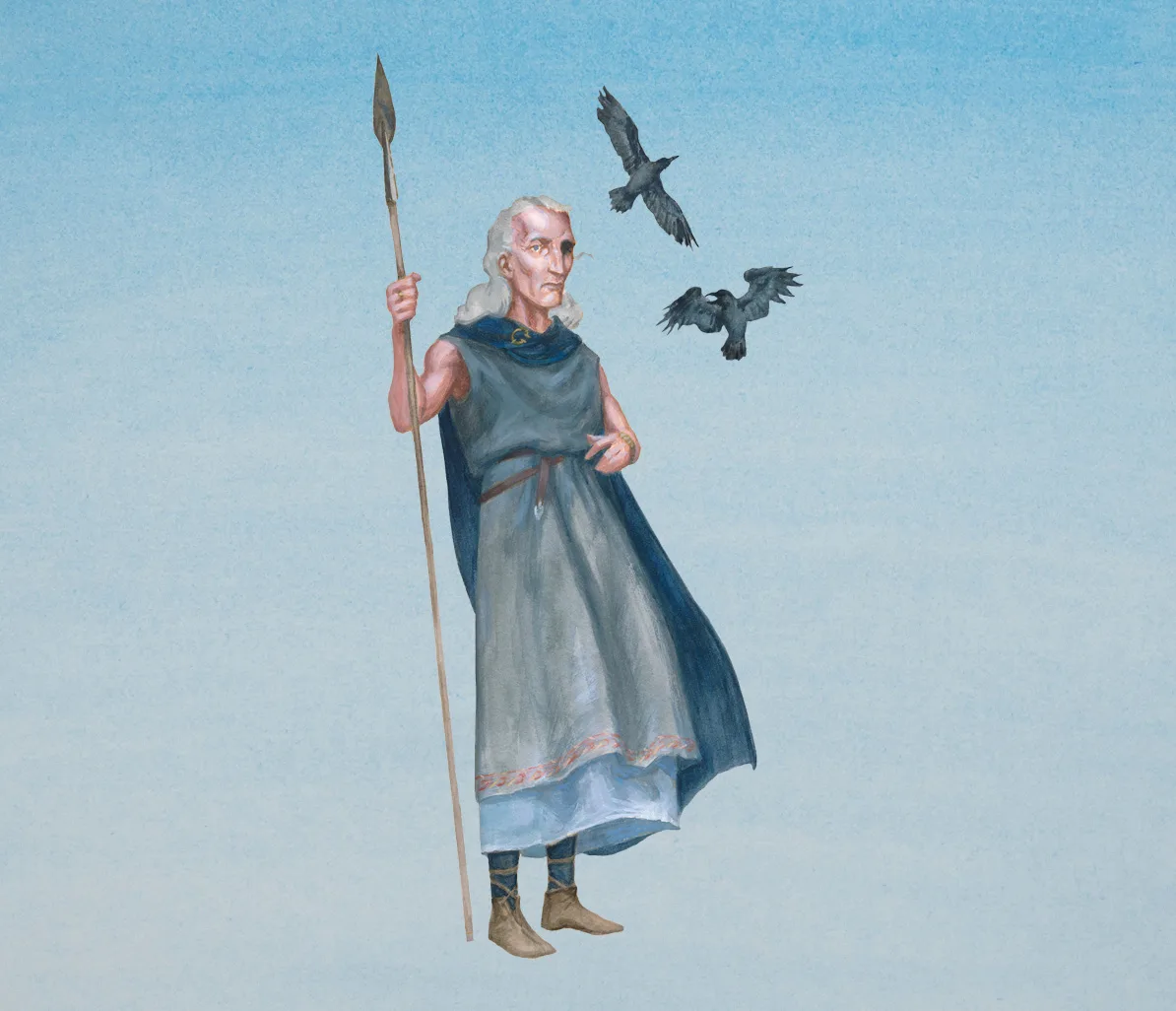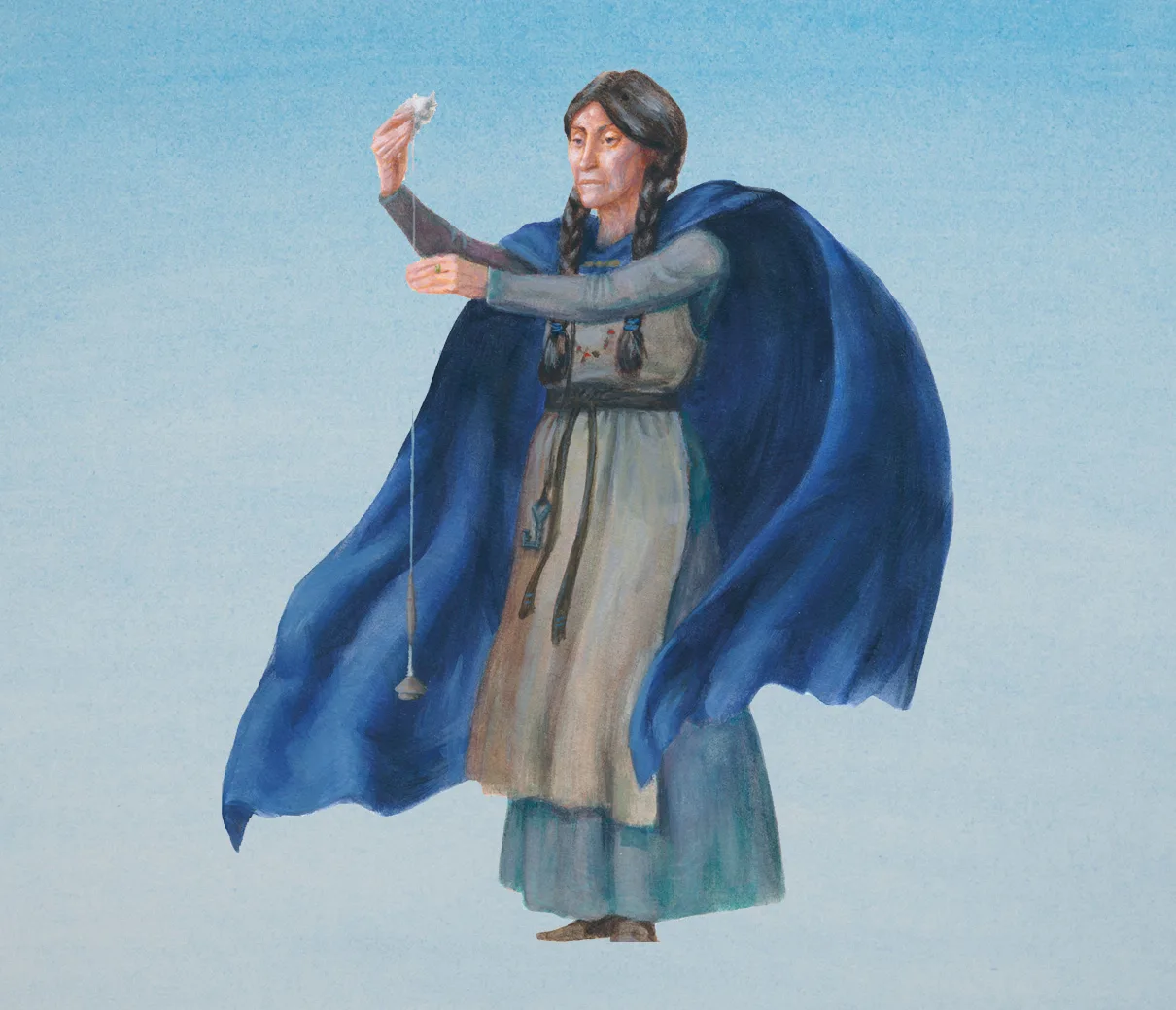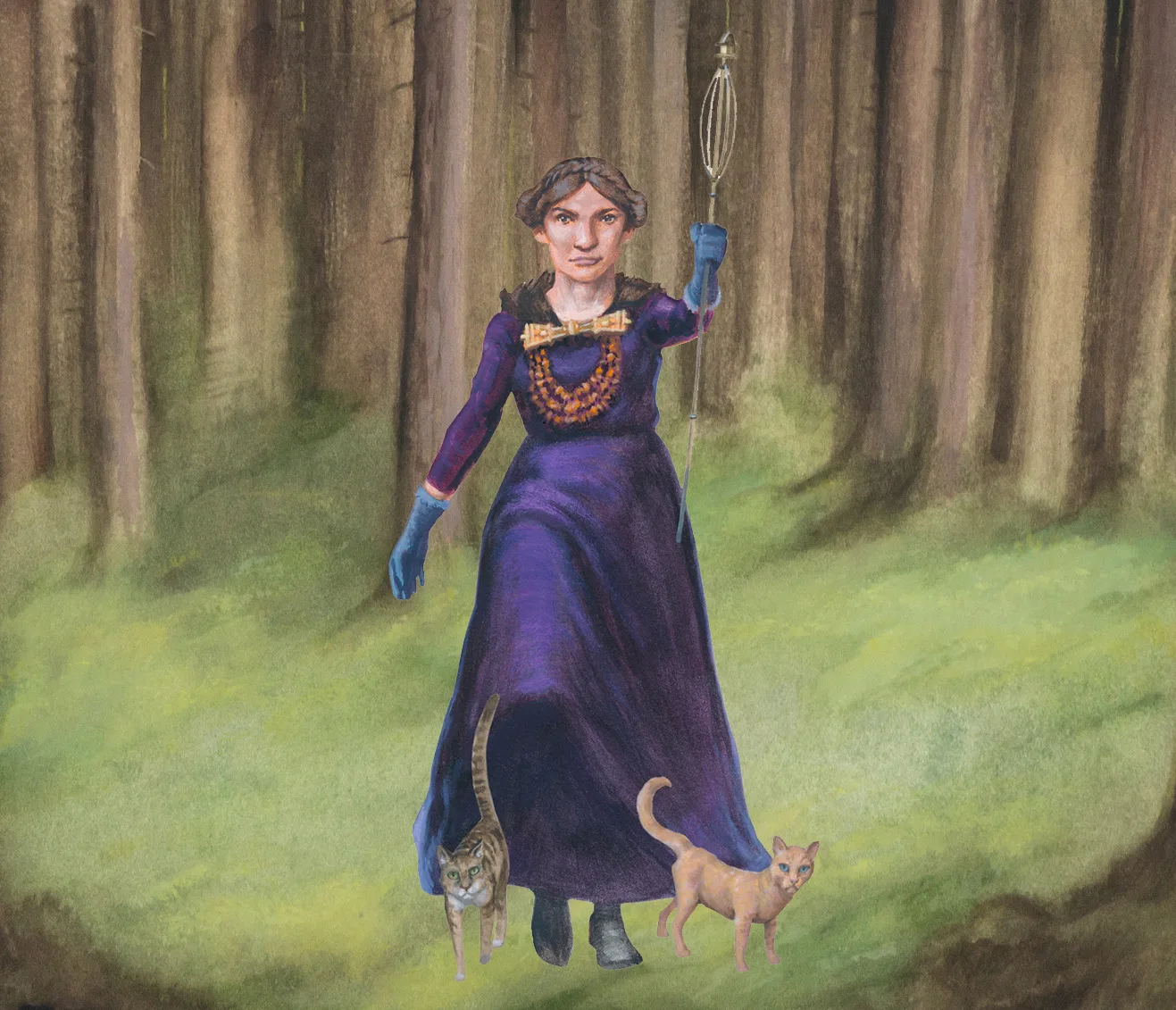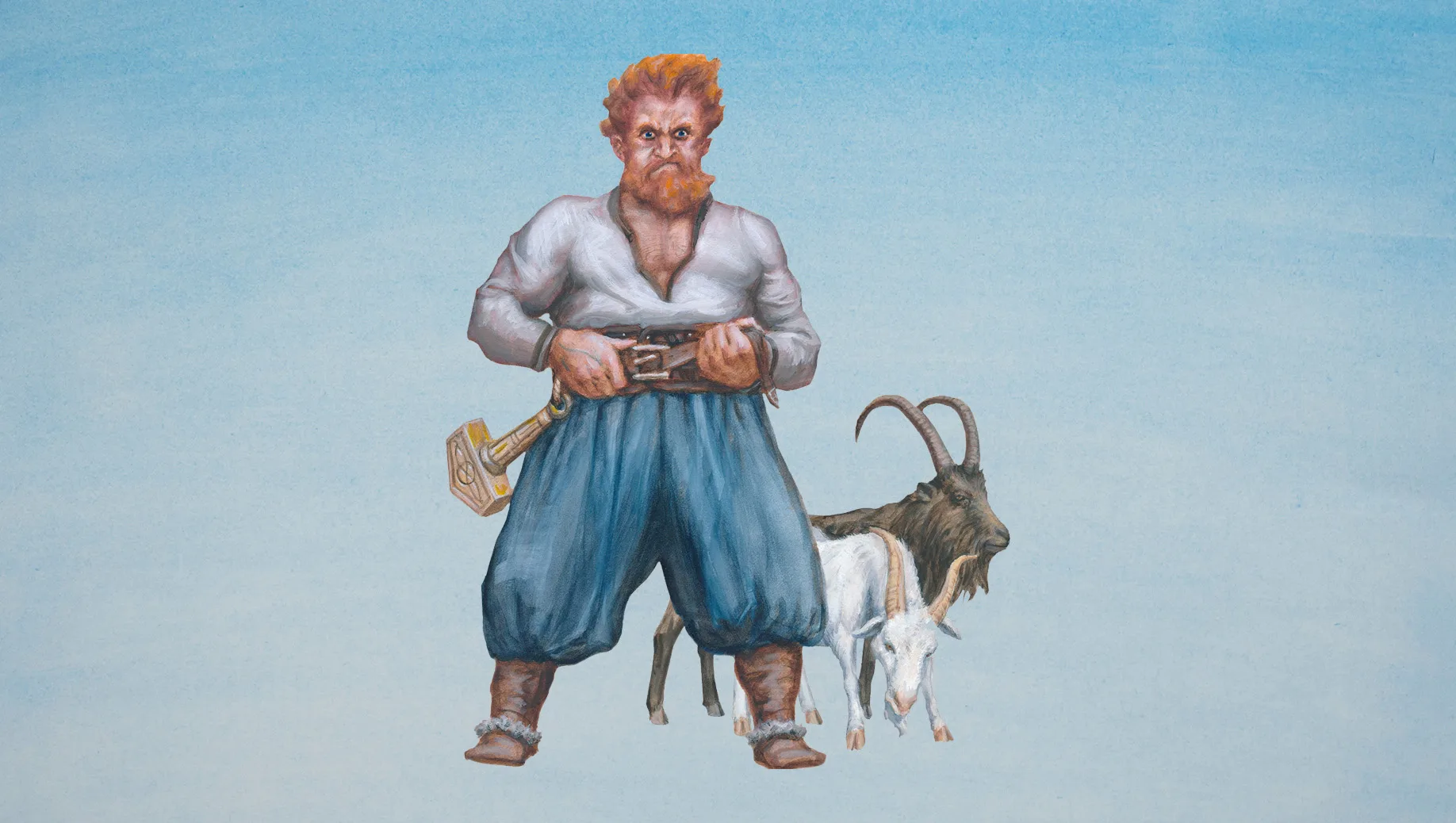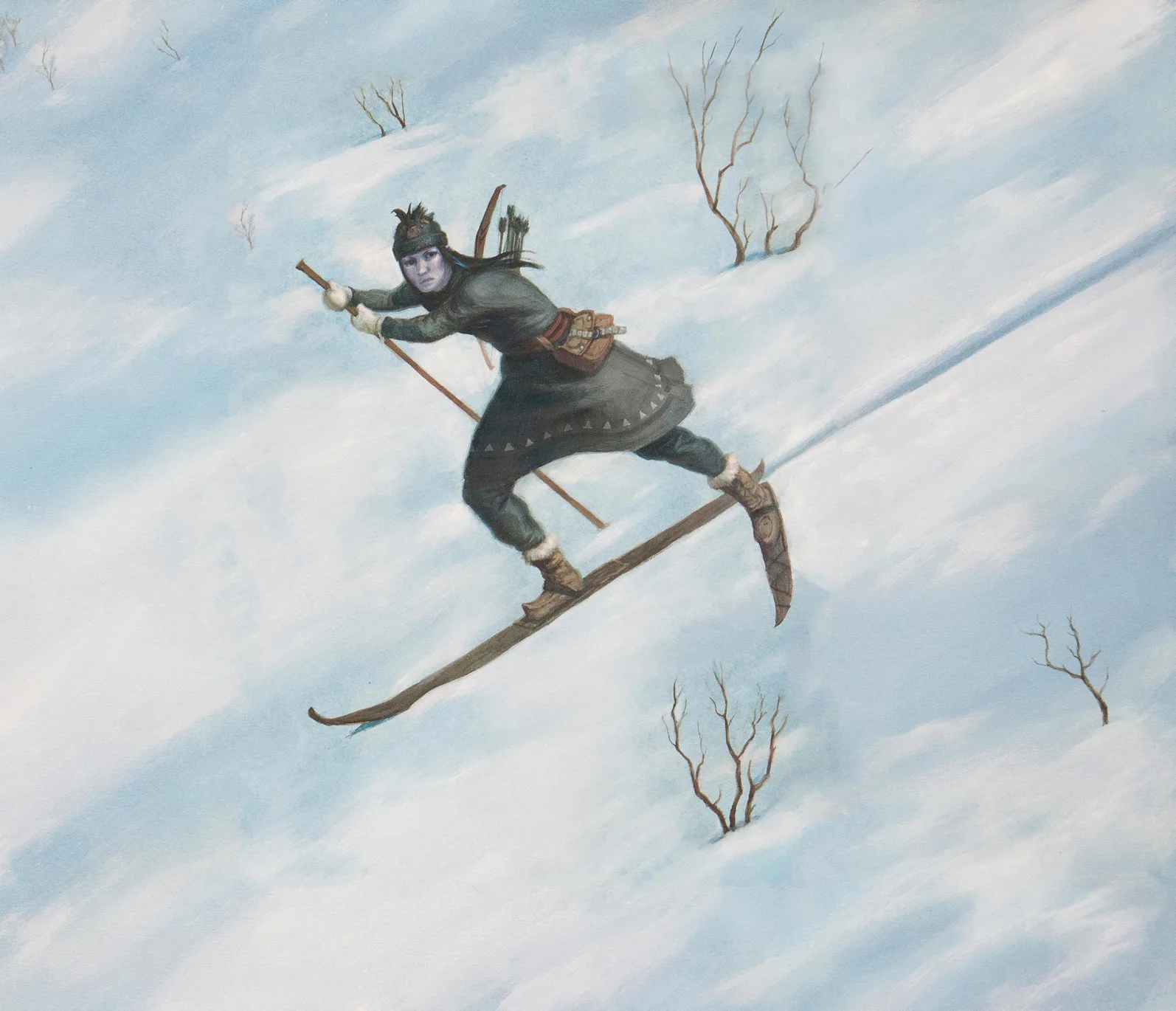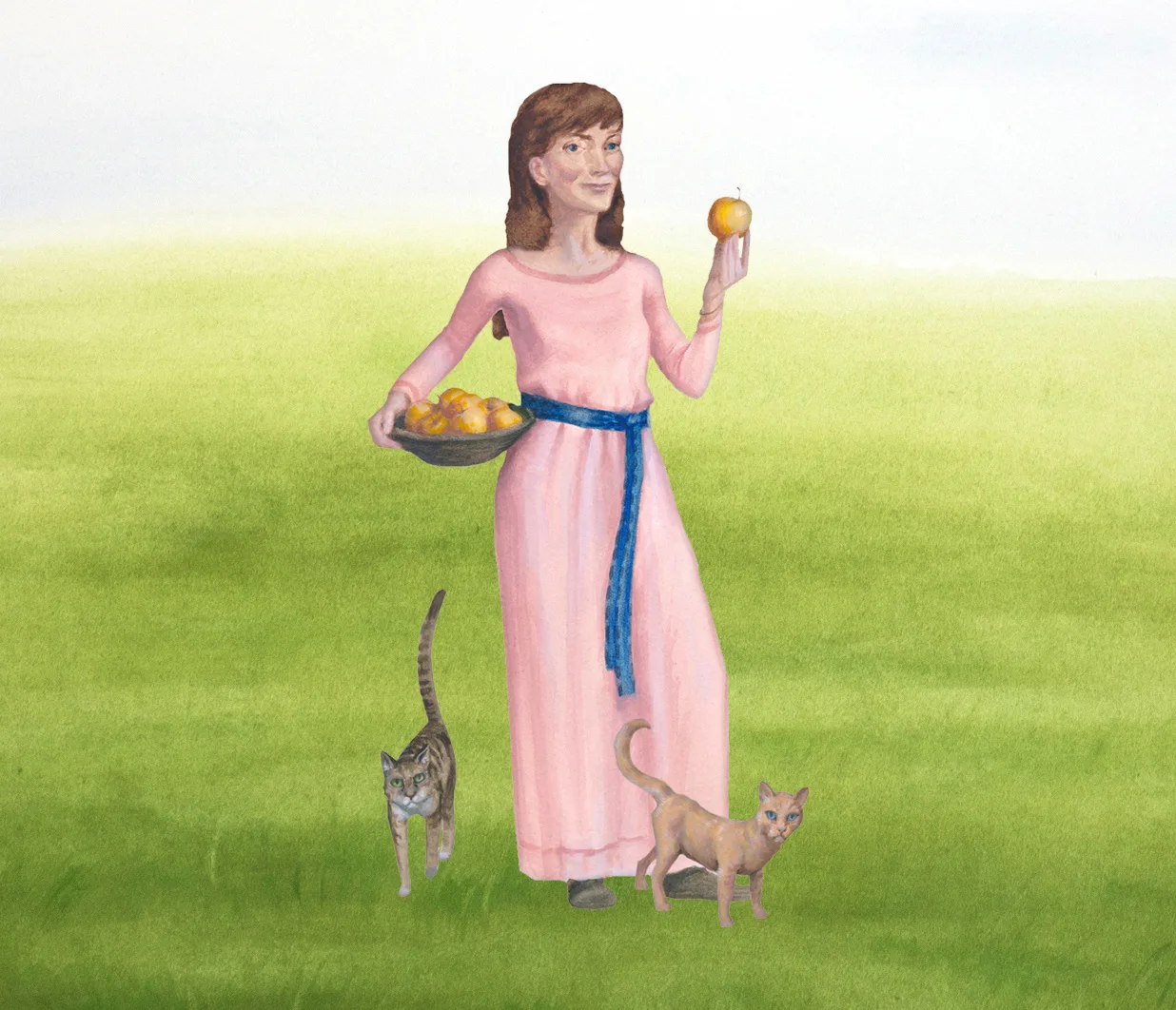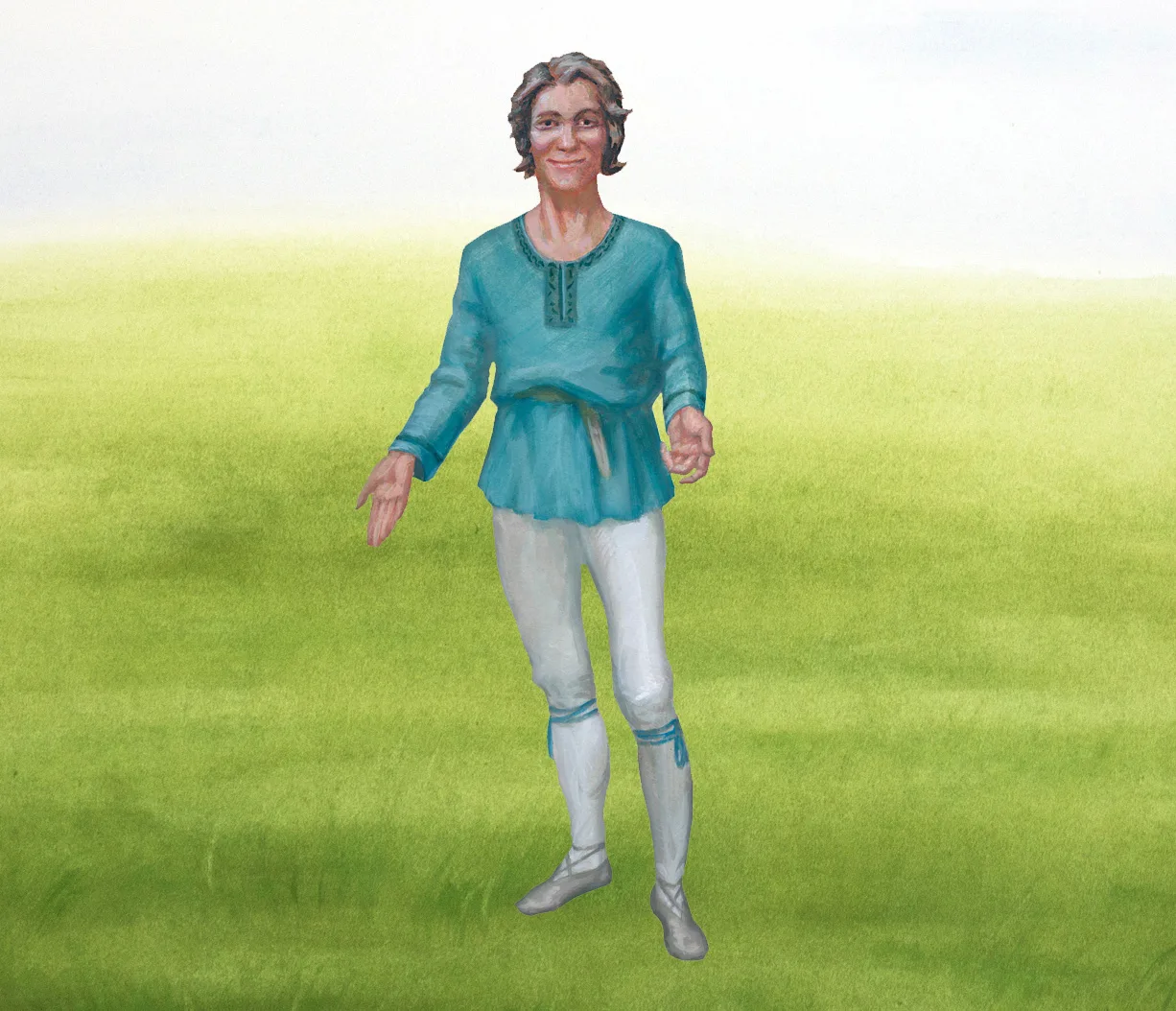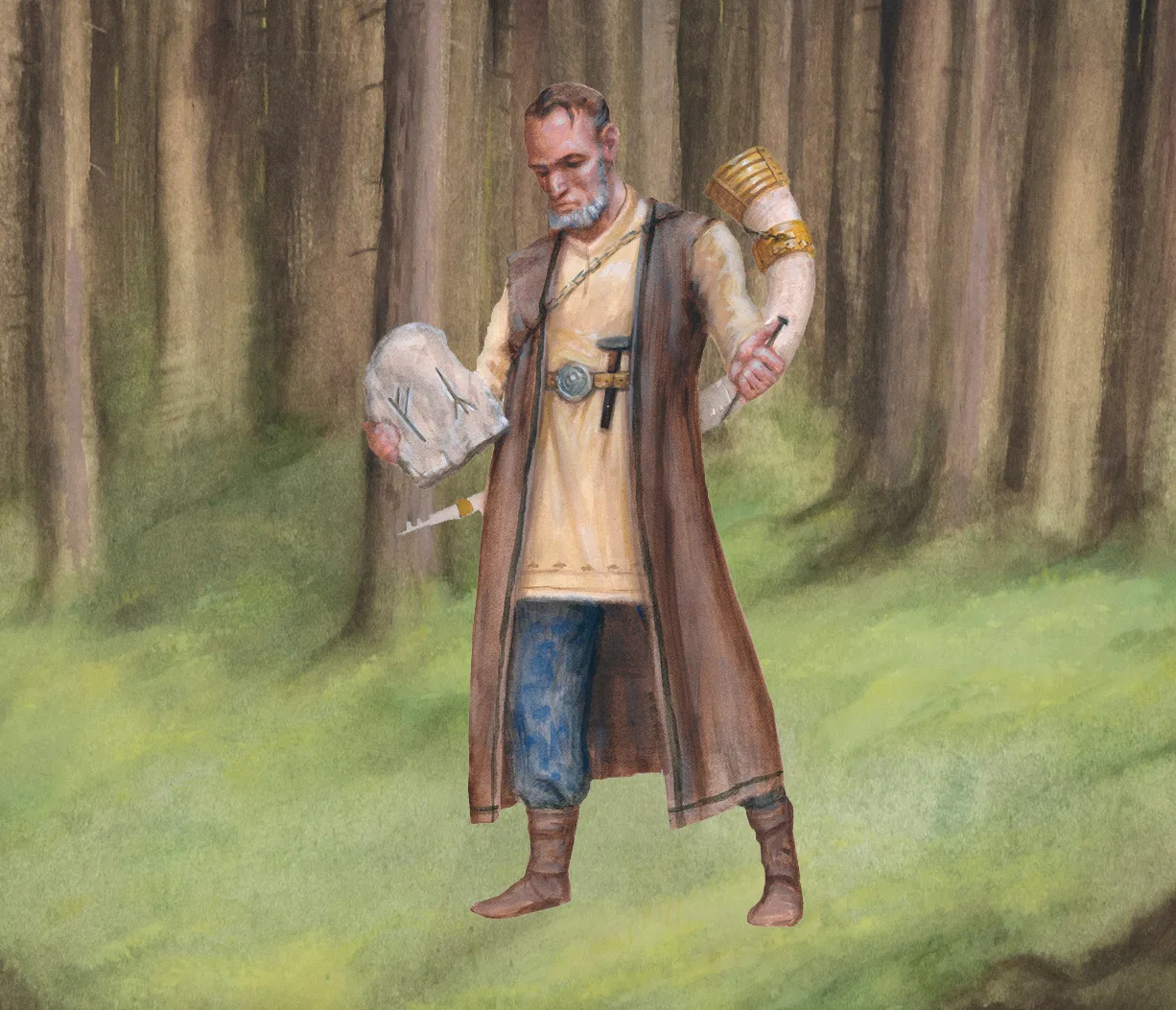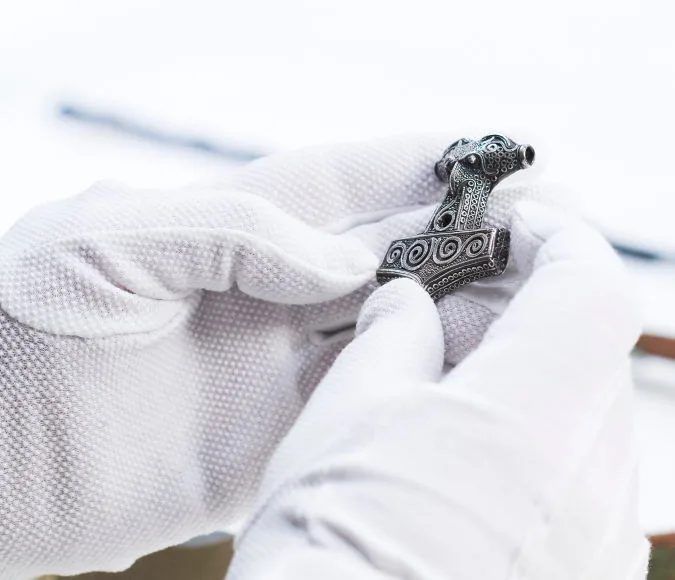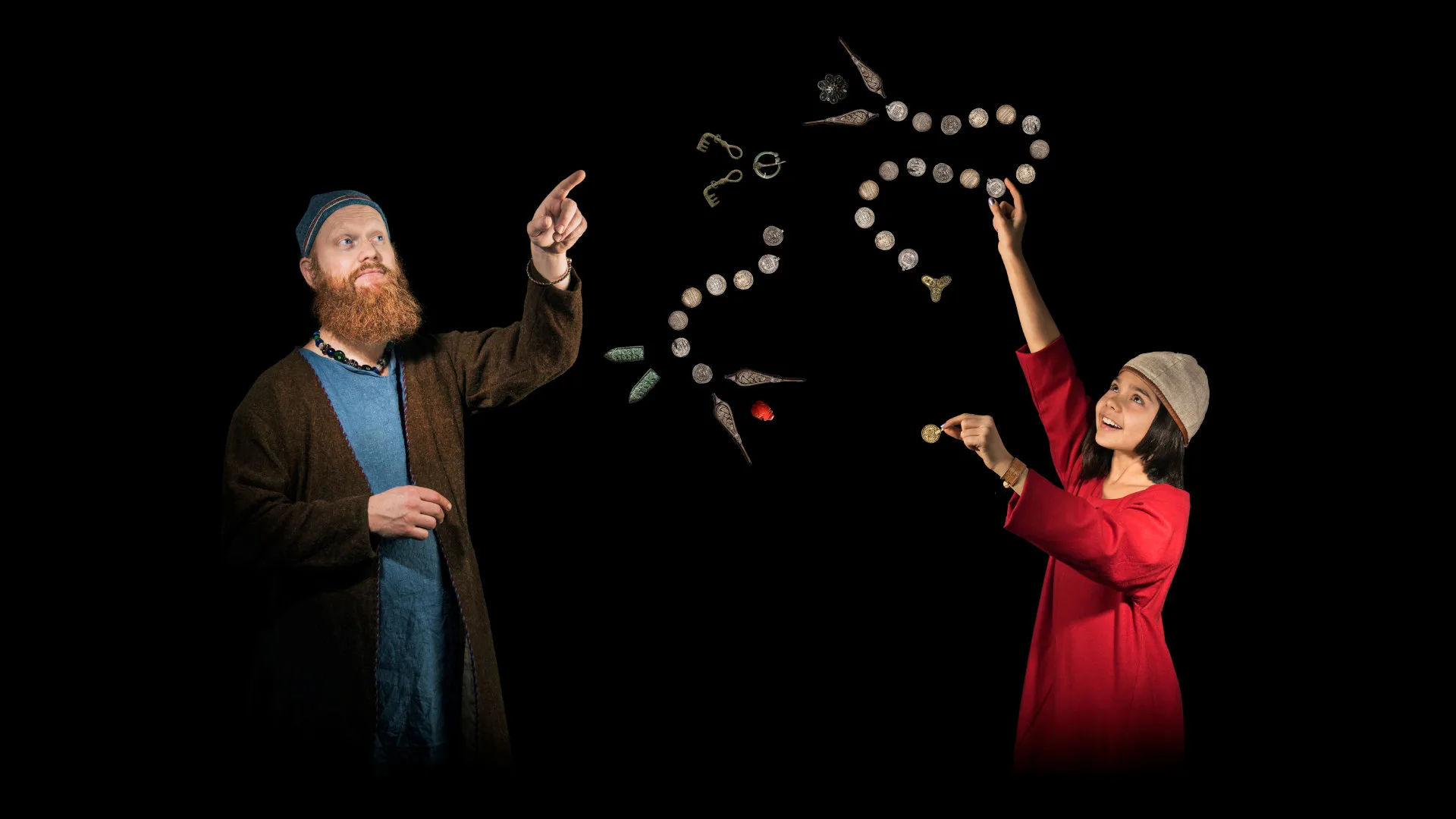Iðunn – goddess of youth and vitality
Iron Age
500 BC – AD 1100
Viking Age
AD 800 – AD 1100
Middle Ages
AD 1050 – AD 1520
The name Iðunn means “She who renews,” reflecting her function among the gods. She is the daughter of Ivaldi and the wife of Bragi, the god of poetry. Together they represent culture, poetry and vitality.
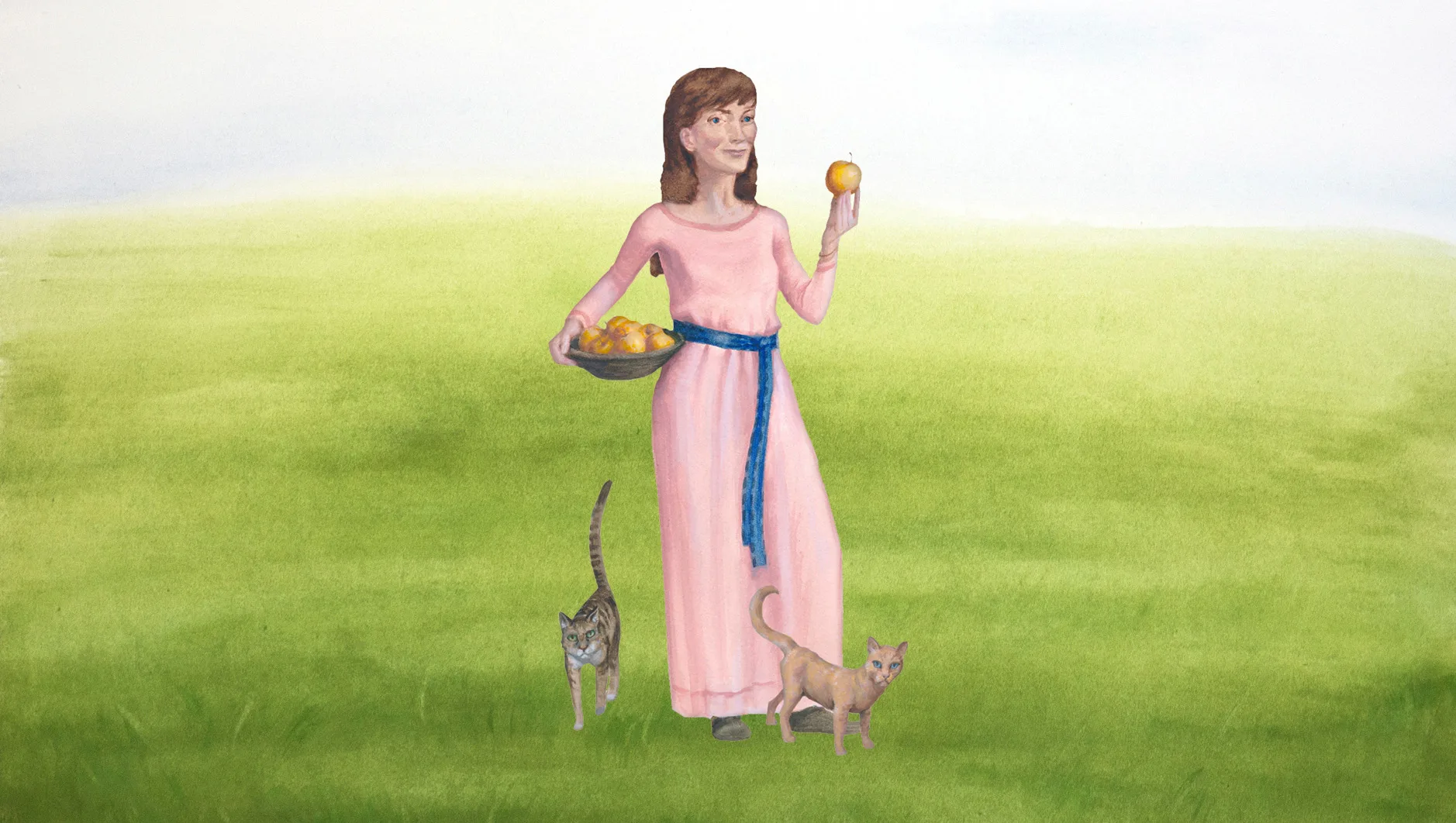
The power of the golden apples
Iðunn’s apples are no ordinary fruits – they grant eternal youth to those who eat them. The gods of Asgard depend upon receiving these apples regularly. She keeps them in a basket and gives them only to the Æsir. The apples also symbolise vitality, fertility and immortality, which is why Iðunn is sometimes associated with sexuality and fruitfulness.
Loki’s treachery and the abduction of Iðunn
One of the most dramatic tales about Iðunn is when she is abducted by the giant Þjazi. After a quarrel, Loki promises to help the giant by luring Iðunn out of Asgard. She follows Loki into the forest, where Þjazi, in the form of an eagle, seizes her and carries her off to Jötunheimr.
When Iðunn disappears, the gods begin to age rapidly and lose their strength. They soon realise that Loki is to blame, and he is forced to make amends. With the help of Freyja’s falcon-cloak, he flies to Jötunheimr and transforms Iðunn into a nut. He then bears her back to Asgard in his talons.
Þjazi’s death and Skaði’s revenge
But the tale does not end with Þjazi’s death. His daughter, Skaði, mourns her father and seeks vengeance. The gods meet her with reconciliation, and thus a new era of relations begins between gods and giants.
Though Iðunn may seem gentle and quiet, without her the Æsir would lose their strength. Her role shows that even the most silent of gods may be among the most vital.
Facts about Iðunn:
- Name: Iðunn (also spelled Idun)
- Parents: Ivaldi, but not clearly named in the sources
- Siblings: None known
- Qualities: Youthful, caring, life-preserving, protective
- Symbolism: Eternal youth, immortality, renewal, apples
- Resides: Asgard
